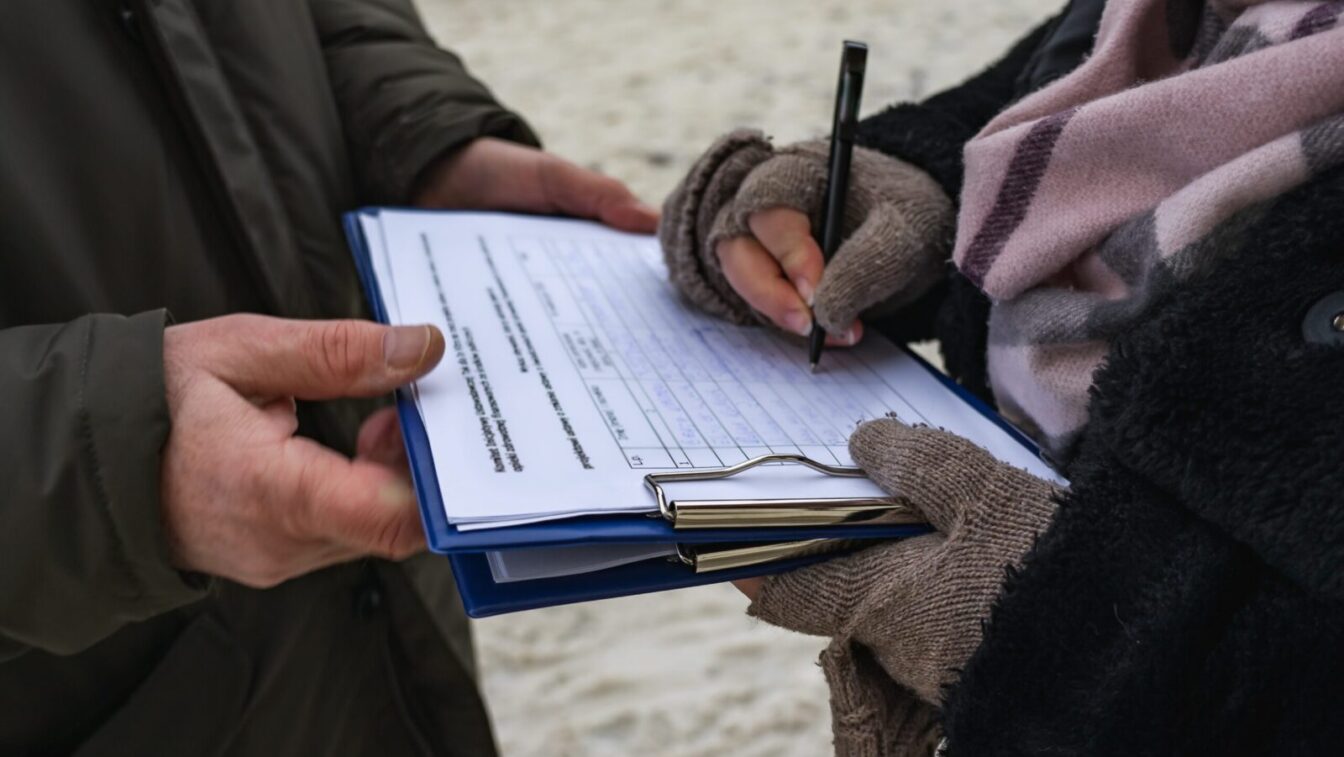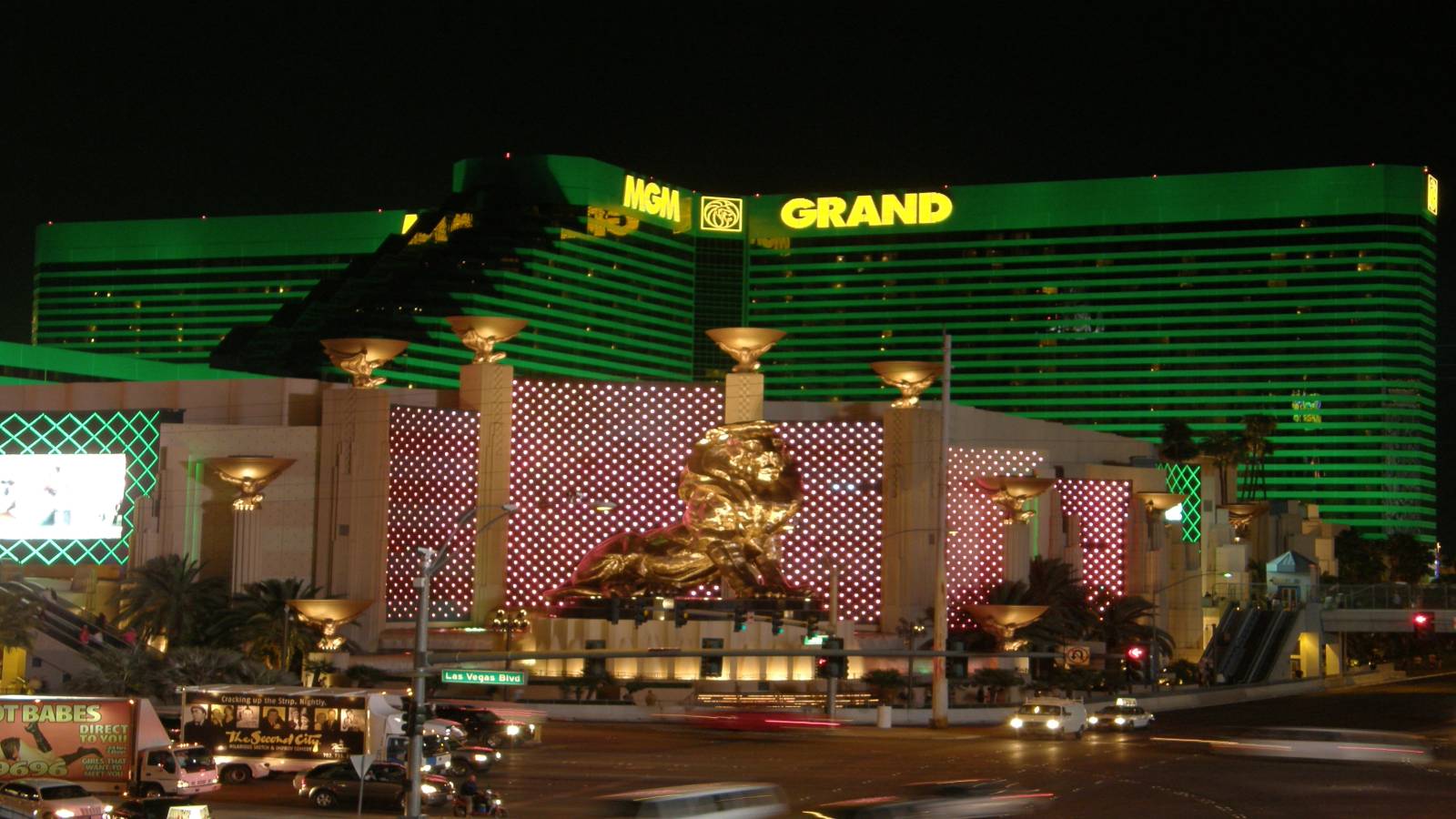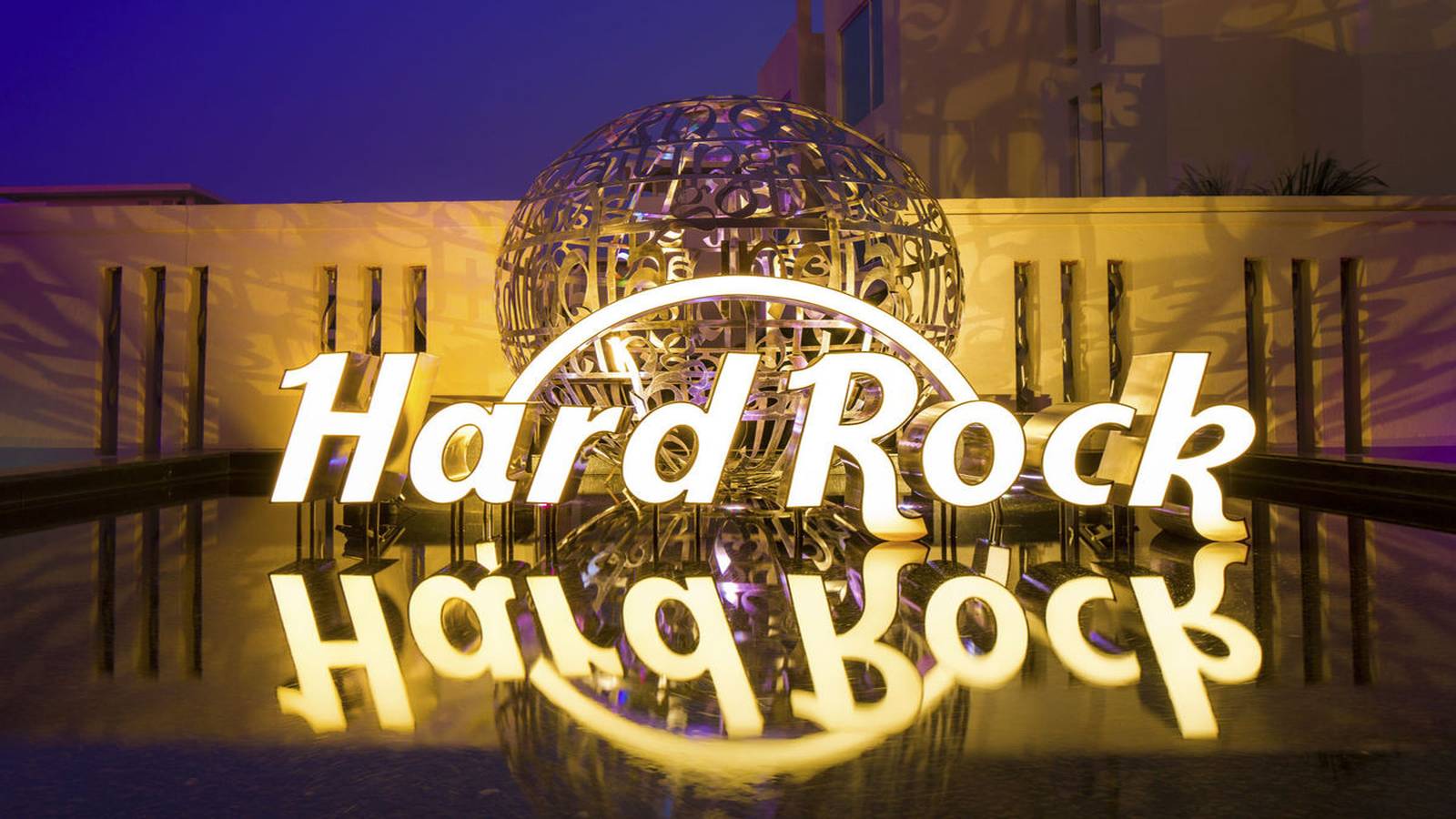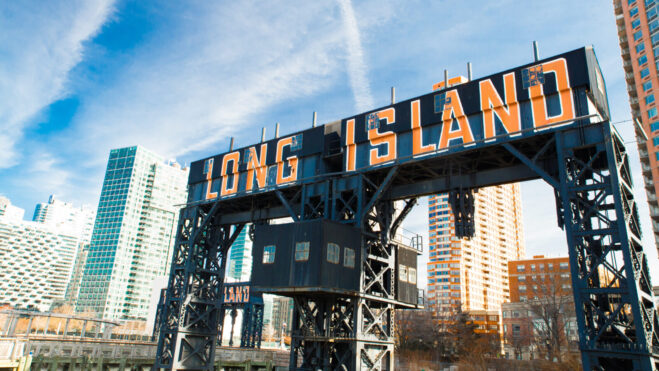Missouri Clarifies Sports Betting License Opportunity As Amendment 2 Faces Election Day Vote
The number of sports betting skins allowed appears it will be higher than previously thought
2 min
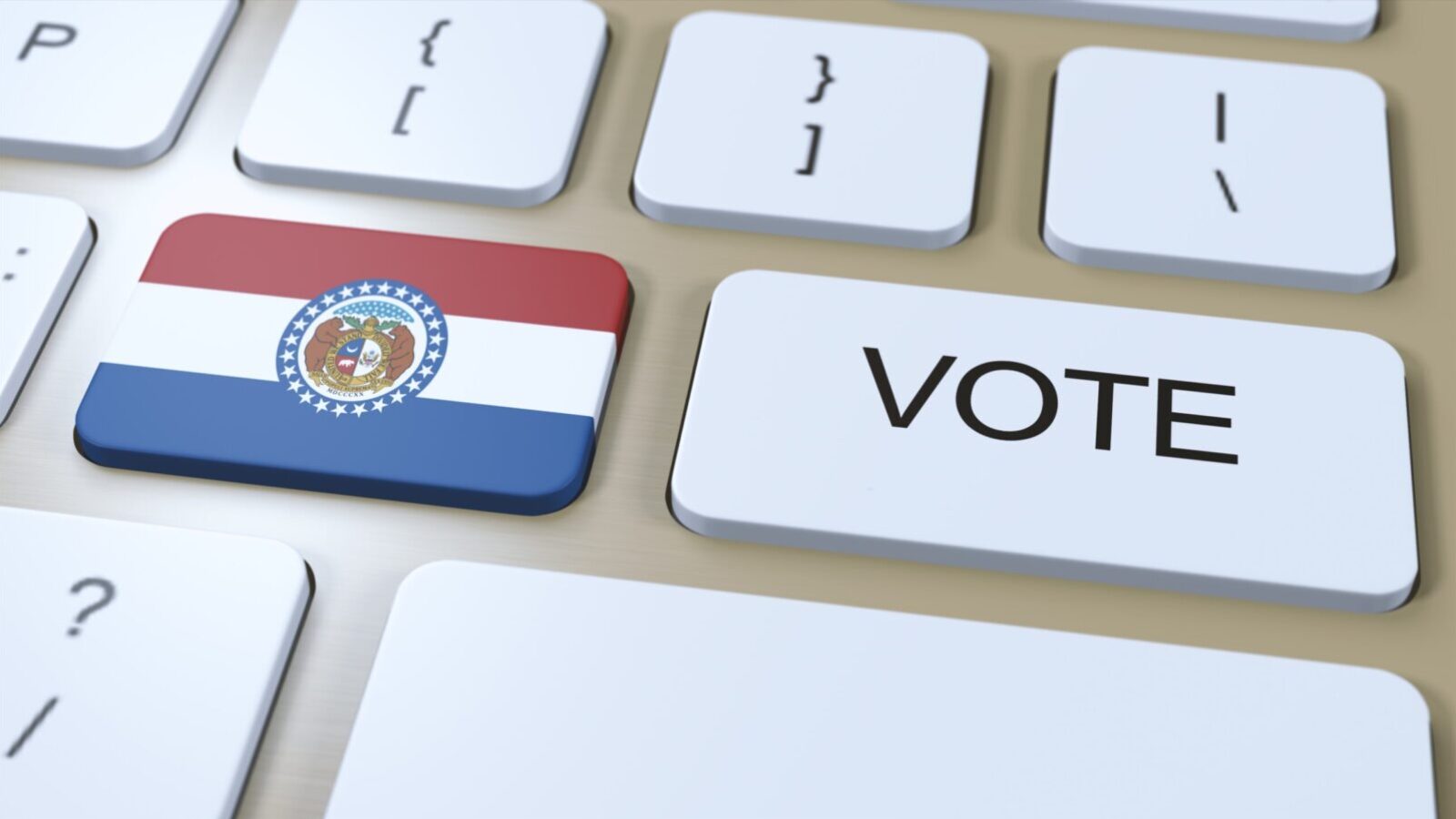
Missouri voters are set to decide the fate of Amendment 2, a sweeping proposal to legalize sports betting, potentially ending years of deliberation and launching a new revenue stream for the state. In anticipation of the vote, the Missouri Gaming Commission (MGC) has now clarified how licenses would be distributed.
Amendment 2 would permit digital sports betting statewide through a limited number of licenses tied to Missouri’s existing land-based casinos. According to the MGC, if Amendment 2 passes, each of Missouri’s land-based casinos will be eligible for one digital betting license.
This differs from earlier interpretations of the amendment, which suggested that casino companies would receive just one digital license regardless of the number of locations they operate.
Many operators who run multiple casinos in the state were initially disappointed with the potential limit on licenses per company. However, the MGC, in consultation with the state attorney general, has ruled that each physical casino location can apply for an individual mobile license, easing some concerns within the gaming industry.
“Under the proposed Constitutional Amendment 2, the Missouri Gaming Commission is authorized to grant a mobile license to operate sports wagering to each qualified applicant that is ‘an owner of an excursion gambling boat’ in Missouri,” a commission spokesperson explained to iGB. “[The] Commission’s position is that the language of the Proposed Amendment allows for a mobile license for each excursion gambling boat in Missouri.”
If the amendment passes, Missouri will be the only state in the U.S. to approve a statewide gambling expansion in 2024.
High-stakes campaign backed by major sports franchises
The campaign supporting Amendment 2, titled “Winning for Missouri Education,” has received significant financial backing from major online betting platforms DraftKings and FanDuel, both of which are eager to enter the Missouri market. The two companies have together invested $40.7 million in the campaign, with total spending from both sides nearing $55 million — a record amount for Missouri ballot measures.
Proponents argue that legalizing sports betting will provide a major boost to education funding, a claim emphasized by the campaign’s branding. The proposal also has the endorsement of the state’s pro sports teams, including the NFL’s Kansas City Chiefs, MLB’s Kansas City Royals and St. Louis Cardinals, NHL’s St. Louis Blues, and the National Women’s Soccer League’s Kansas City Current.
These teams see legalized betting as a way to increase fan engagement and generate new revenue streams. However, critics remain concerned about potential downsides, such as addiction and its impacts on the state’s most vulnerable populations.
In addition, Caesars Entertainment stands out as the sole land-based operator actively opposing Amendment 2, while others have largely avoided campaigning for the proposal.
Opposition and ongoing legislative tensions
Missouri’s journey toward legal sports betting has been anything but straightforward. The state began considering legalized sports wagering in 2018 after the Supreme Court ruled in favor of allowing individual states to regulate the activity. Since then, efforts have been repeatedly stalled by political disputes and regulatory disagreements.
A key figure in these ongoing discussions is state Sen. Denny Hoskins, who has advocated linking sports betting legislation with regulation on video gaming terminals (VGTs). These machines, often found in convenience stores and other non-casino venues, are controversial; the casino industry claims they undermine its profits.
Sen. Hoskins, now running for Missouri Secretary of State, has been a vocal supporter of VGTs and has argued that regulating both betting and gaming terminals together could increase the state’s revenue.
For many casino operators, however, VGTs are a step too far. Casino leaders argue that the terminals cut into casino revenue and complicate regulation, which they claim could destabilize Missouri’s gaming landscape.
Voters will also be asked to weigh in on Amendment 5, which would authorize a 14th land-based casino license for a location on the Lake of the Ozarks — a tourist destination that has long attracted interest from developers. Bally’s has already expressed interest in the site, submitting an early bid in anticipation of the vote.

